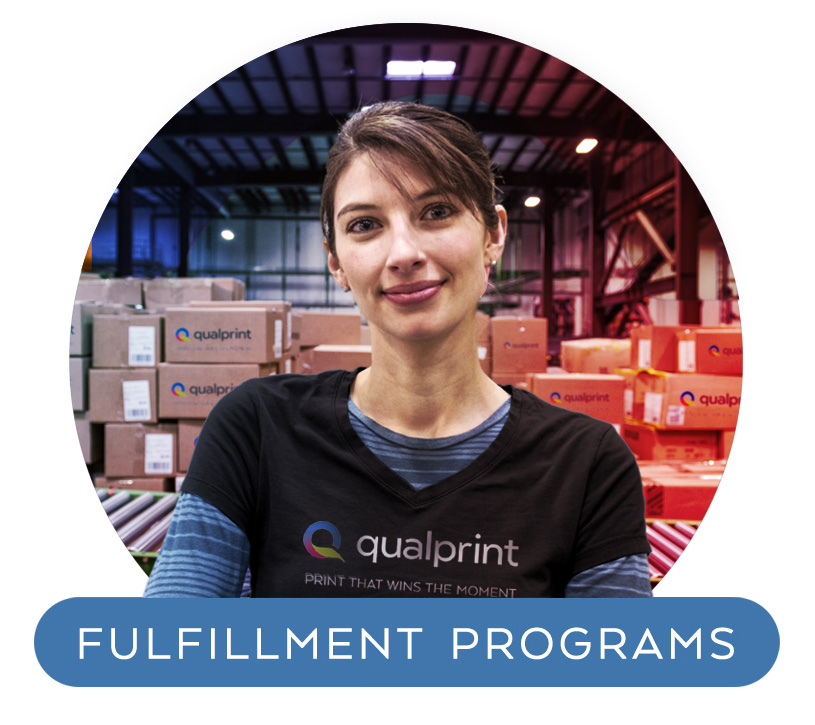Have you ever wondered what sets successful wine brands apart from the rest? What do they do to generate growth and visibility? In a competitive market where countless labels fight for attention, the most successful wine brands excel by utilizing strategic marketing approaches that speak directly to their target audience. By understanding their customers, crafting a unique brand identity, and leveraging both traditional and digital marketing channels, these brands effectively position themselves for success.
In this article we explore the key strategies that help these wine brands stand out in a crowded market.
Wine Brands Must Know Their Customers
Successful wine brands begin with a deep understanding of their customers. Knowing who your customers are, what they want, and what they enjoy allows brands to craft targeted marketing strategies that resonate with their audience. This includes understanding demographics, preferences, and purchasing behaviors. For example, a brand targeting millennials may emphasize sustainability and social responsibility, while a luxury brand might focus on exclusivity and heritage.
By tailoring their messaging and offerings to align with customer desires, wine brands can build strong connections and foster loyalty, which is crucial for long-term success.
Wine Brand Identity and Positioning
Craft a Unique Brand Story
A compelling brand story is vital for distinguishing a wine brand in the marketplace. This often involves highlighting the heritage of the vineyard, the unique terroir, and the winemaking philosophy. Successful brands create narratives that evoke emotion and connect with consumers on a personal level, whether it’s the story of a family-owned vineyard or the passion behind a boutique winery’s handcrafted wines.
Have a Visual Identity that Stands Out
The visual elements of a wine brand such as logo design, packaging, and label aesthetics, play a significant role in attracting customers. A well-designed label can convey the quality and personality of the wine, making it stand out on the shelf. The best wine brands invest in cohesive, visually appealing branding that reflects their identity and appeals to their target market.
Strong Positioning in the Market
Effective positioning involves differentiating the wine brand from competitors. This can be achieved through various means, such as emphasizing quality, origin, or exclusivity. For instance, a brand might highlight its organic practices, limited production, or unique varietals to carve out a niche in the market.
Traditional Marketing Approaches Successful Wine Brands Use
Wine Tastings and Events
Hosting wine tastings, dinners, and festivals remains a cornerstone of traditional marketing for wine brands. These events provide an opportunity to engage directly with customers, allowing them to experience the wine firsthand, build brand loyalty, and create memorable experiences.
Print Media
Advertisements in wine magazines, lifestyle publications, and newspapers are effective for reaching a broad audience. These ads can showcase the brand’s story, highlight new releases, and create awareness among wine enthusiasts.
Direct Mail Campaigns
Personalized mailings, such as newsletters and special offers sent to wine club members or potential customers, can help maintain relationships and drive sales. This traditional approach remains effective, especially when paired with a strong customer relationship management system.
Digital Marketing Strategies for Wine Brands
Social Media Presence
Today, a comprehensive social media presence is essential for wine brands. Platforms like Instagram, Facebook, TikTok and Pinterest offer a way to visually showcase wines, share the brand’s story, and interact with consumers. Successful brands use these platforms to build a community around their wine, engaging followers with behind-the-scenes content, pairing suggestions, and interactive posts.
Content Marketing
Engaging content, such as blogs, recipes, and wine pairing guides, helps wine brands educate consumers and establish themselves as experts in the field. Content marketing also improves SEO, making it easier for potential customers to discover the brand online.
Influencer Partnerships
Collaborating with wine bloggers, sommeliers, and chefs allows wine brands to reach new audiences. Influencers can provide authentic endorsements, create buzz around the brand, and introduce the wine to followers who trust their recommendations.
Wine E-Commerce and Online Sales
User-Friendly Websites
With the rise of online shopping, having an intuitive and attractive online storefront is crucial. A well-designed website should make it easy for customers to browse products, learn about the brand, and make purchases. Features like secure checkout, clear product descriptions, and high-quality images contribute to a positive shopping experience.
Subscription Services
Wine clubs and monthly subscription boxes have become popular as they offer convenience and exclusivity. These services allow brands to build a recurring revenue stream while deepening customer loyalty by delivering curated selections directly to subscribers.
Online Reviews and Ratings
Leveraging platforms like Vivino and Wine Spectator for reviews and ratings can significantly boost a wine brand’s credibility. Positive reviews from trusted sources can influence purchasing decisions and enhance the brand’s reputation.
Public Relations and Media Coverage
Press Releases
Announcing new wine releases, awards, or upcoming events through press releases helps keep the brand in the public eye. Effective PR strategies can generate media coverage, driving awareness and interest in the brand.
Media Tours
Hosting journalists and influencers at the vineyard or winery provides them with an immersive experience that they can share with their audience. This personal connection often leads to more compelling stories and favorable coverage.
Award Competitions
Participating in wine competitions and promoting any awards won can enhance the brand’s prestige. Winning awards serves as a mark of quality and can be a strong selling point for consumers.
Wine Sustainability and Social Responsibility
Eco-Friendly Practices
Highlighting sustainable practices, such as organic, biodynamic, and environmentally friendly winemaking, resonates with today’s socially conscious consumers. Brands that prioritize sustainability can differentiate themselves and attract a growing segment of eco-minded buyers.
Community Engagement
Supporting local communities and wine regions not only strengthens brand loyalty but also demonstrates a commitment to social responsibility. Brands that actively engage with their communities are often seen more favorably by consumers.
Transparency
Being transparent about ethical practices and ingredient sourcing builds trust with consumers. Brands that openly communicate their values and practices are more likely to cultivate a loyal customer base.
Customer Relationship Management
This is a big one because the more engaged you are with your customers the longer they will stick around and the more they will advocate for your brand.
Loyalty Programs
Rewarding repeat customers through loyalty programs or exclusive wine club memberships can foster long-term relationships and encourage repeat purchases. These programs often include perks such as discounts, special releases, and member-only events.
Personalized Communication
Tailoring emails, offers, and recommendations to individual customers based on their preferences and purchase history can significantly improve engagement and sales. Personalized communication makes customers feel valued and understood.
Exceptional Customer Service
Providing top-notch customer service is essential for maintaining a positive brand image. Whether resolving issues promptly or offering helpful advice, exceptional service ensures that customers have a seamless and satisfying experience with the brand.
Successful wine brands use a combination of customer insight, strong branding, and strategic marketing to build and maintain their reputation in the market. By focusing on these areas, they can effectively reach their target audience and achieve lasting success.
Contact Us Now for More Information
Phone: (413) 442-4166




Recent Comments